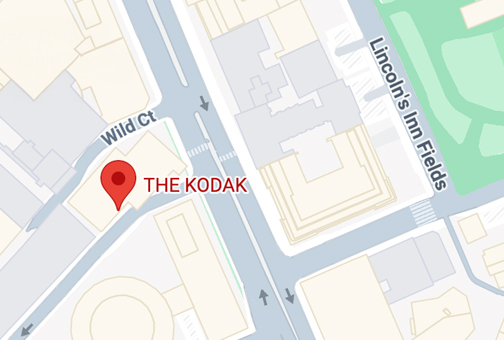In a piece first published by Media Leader, Ian Dowds reflects that ten years as UKOM CEO have taught him that governance matters more than ever. UKOM-endorsed data is reaching many of the parts of the industry that really matter. Can - or should - advertisers trust datasets that lack such levels of scrutiny?
We all know what handwash is. It’s there on most handbasins. We use it every day. It took on a new urgency during our pandemic era. But be honest, we don’t really know what’s in it.
Well, the active ingredients include surfactants like sodium laureth sulfate and cocamidopropyl betaine, with humectants like glycerin, and preservatives like tetrasodium EDTA. Plus, of course, all the fancy additives, fragrances and colours.
But if you buy a bottle of the stuff, how do you know it’s any good?
Simple. Because in the UK everything labelled “handwash” is governed by The Cosmetic Products Enforcement Regulations 2013. So even if you don’t know what’s in it, you can be sure it’s going to do what handwash is supposed to do.
This isn’t always true in our business. In theory, the terabytes of online audience data now available in media planning and buying allow us to understand and optimise the way we work. But does it truly improve efficiency and effectiveness? This is fiercely debated.
On one side you will find any number of companies, platforms, media agencies and intermediaries extolling the virtues of applying data in real time to the placement of digital advertising to drive business for all: media owner, advertiser and consumer.
Far on the other side you will find Bob Hoffman, the self-proclaimed Ad Contrarian, whose opinion of the wizardry of ad-tech and its value is simply expressed: ‘it’s ‘horseshit.’
Regardless of which side of this complex argument one sits, it is hard to disagree that data and technology now sit at the heart of commercial digital media.
Technology is often referred to as being stacked. Assessing the quality of each layer of technology is not necessarily easy but, sticking with the bathroom analogy and rather like in a multi-razor, it helps when you can see each blade separately.
Which can make it easier than judging the quality of data, which is rarely stacked and more often blended, into what might look like a silky, but homemade, handwash. What if there was an undetectable trace of what Bob Hoffman finds least palatable? Even if you could not smell it, but you knew it was there, I’m guessing you wouldn’t wash your hands with it.
There are some organisations that simply cannot afford to risk the quality of data sets. At the launch in December 2024 of their latest Online Nation Report, Ofcom CEO Dame Melanie Dawes said of the online audience data used in the report: “It is in Ofcom’s DNA to start with the evidence as a regulator. We have to stand up in court every decision that we take and we can't do that unless we're really clear and sure of our ground and why we've made the decisions that we've made.”











